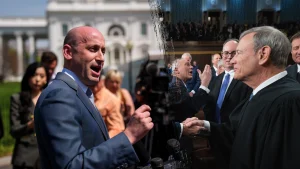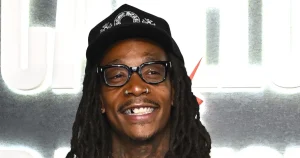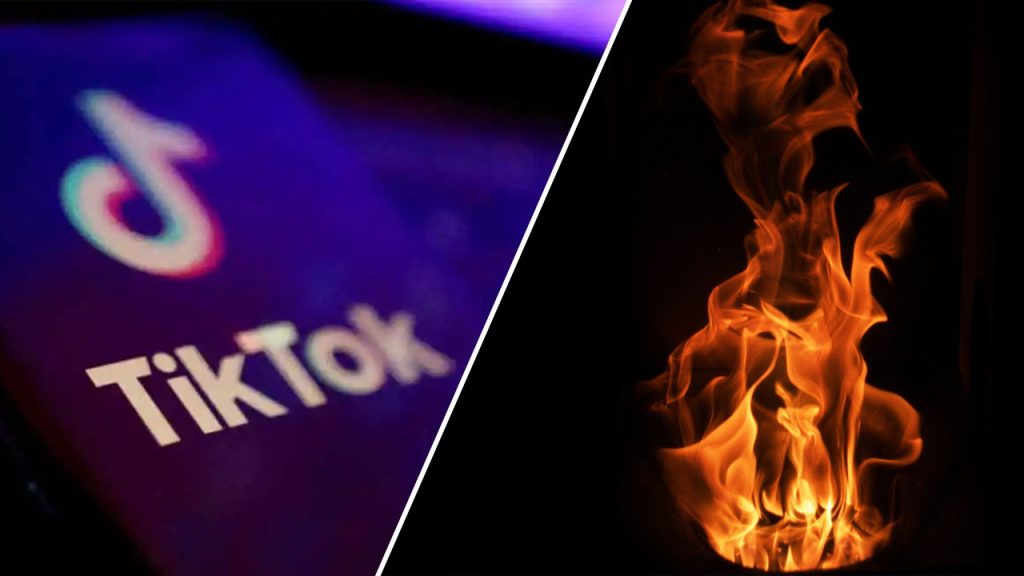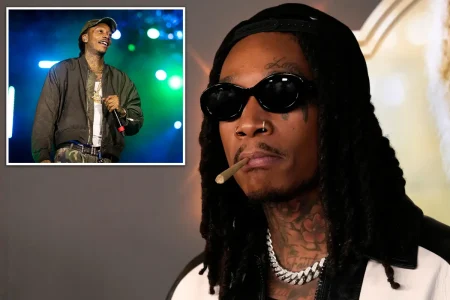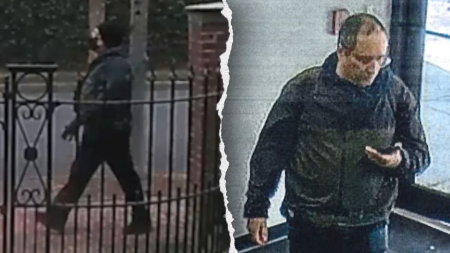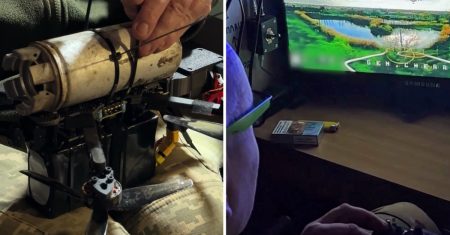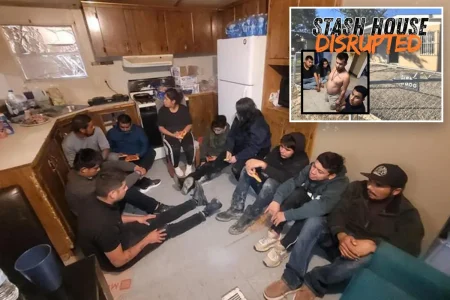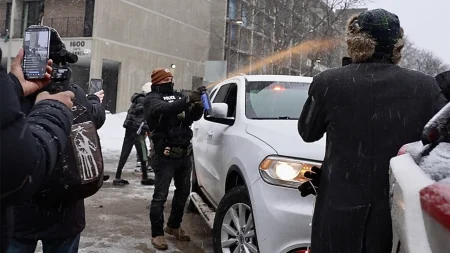In Fond du Lac, Wisconsin, a 19-year-old man from Menasha allegedly set fire to the district office of U.S. Representative Glenn Grothman. The incident occurred in the early hours of Sunday, January 19th, prompting a swift response from local police and fire rescue teams. The suspect was apprehended near the scene of the crime, a strip mall where Grothman’s office is located. Upon questioning, the suspect confessed to igniting the fire, citing his motivation as a reaction to ongoing discussions surrounding a potential TikTok ban. Representative Grothman had previously voted in favor of legislation aimed at divesting or banning the popular social media app. Thankfully, the fire was contained, and no injuries were reported.
The incident unfolded against the backdrop of a temporary disruption in TikTok’s operations within the United States. The popular social media platform, owned by a Chinese company, had experienced a brief blackout period on Saturday following a Supreme Court ruling upholding a law that could potentially ban the app unless it is sold to a U.S. entity. This legal development created significant uncertainty about the future of TikTok in the American market and spurred intense debate across the political spectrum.
The alleged arson attack on Representative Grothman’s office illustrates the heightened tensions and passionate responses surrounding the TikTok issue. The suspect’s stated motivation suggests a direct link between his actions and the ongoing political discourse around the app’s future. This incident highlights the potential for political rhetoric and policy debates to spill over into real-world actions, underscoring the need for measured and responsible public discourse.
The temporary disruption in TikTok’s services also prompted significant reactions from users and influencers on the platform. Many users expressed disappointment and frustration with the blackout, while some influencers went so far as to publicly criticize the government’s actions. These emotional responses reflect the significant role TikTok plays in the lives of many Americans, serving as a source of entertainment, communication, and even income for some.
Following the brief blackout, TikTok’s services were restored on Sunday, with the app displaying a message attributing the restoration to then-President-elect Trump’s intervention. Trump later confirmed on social media that he intended to issue an executive order extending the deadline for TikTok’s compliance with the law, aiming to negotiate a deal that would address national security concerns while allowing the platform to continue operating in the U.S. This development suggested a potential resolution to the ongoing impasse, offering a temporary reprieve for TikTok users and stakeholders.
This incident highlights the complex intersection of technology, politics, and public discourse in the digital age. The rapid dissemination of information and the passionate engagement of online communities can amplify both positive and negative reactions to political developments. The alleged arson attack, while an extreme example, serves as a stark reminder of the potential consequences of unchecked online rhetoric and the importance of fostering a climate of respectful dialogue and debate. The case also underscores the challenges policymakers face in navigating the rapidly evolving digital landscape, balancing concerns about national security with the rights of individuals to access and utilize online platforms.
